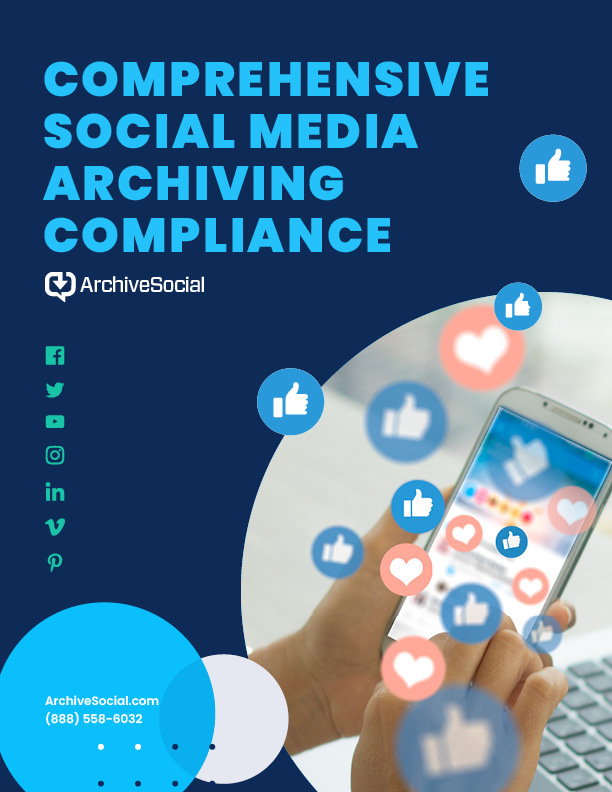Lauri Stevens is a veteran communications professional with over 25 years of media experience. Over the past decade, Lauri has become law enforcement’s go-to source for interactive media advice and strategy with her consultancy LAwS Communications. Lauri is also behind Connectedcops.net, a blog that deals with topics related to law enforcement social media; as well as the popular Social Media, Internet, and Law Enforcement conference (SMILE). We asked Lauri to answer a few questions to get us warmed up before we teamed up with her for a webinar on law enforcement social media(watch it here).
Was there a particular incident or department that made you recognize the power of social media for law enforcement? In other words, how did you get involved in this field?
When I worked as a television reporter at least 20 years ago, it always struck me that police, fire and EMS weren’t very good about telling their own stories and they always seemed to get the short end of the stick, so to speak, in the media. So even back then I tried to do some public speaking to get across how to use the media better. But that was the dark ages, after all. I knew it wasn’t anything I could really earn a living at.
Fast forward to when Facebook first started to take hold and Twitter just launched, my students at the college I was working at created a website for a police department in Nebraska that had been friends of mine for years. I suggested to the Chief that he put the department on Facebook, and we wrote what I believe might have been the first police social media policy. That was around 2008. We then put them on Twitter, and I thought to myself, “maybe now is the time to try again” to help first responders with communication.
It was obvious to me that open source offered huge potential for [law enforcement and emergency personnel]. I ended up focusing on police because I didn’t have the bandwidth to do much else. I started the ConnectedCOPS blog in mid-2009 and immediately started to get inquires from police departments who were starting to go down this road. It just pulled me to the point where I went full-time into it in mid 2010.
Should all police departments be using social media?
I think any police department that isn’t using social media for both community outreach and investigations is doing its citizens a huge disservice. So, um, yes.
What common mistakes do you see departments making in their approach to social media?
Probably the biggest mistake is lack of planning and strategy. I think this happens because few police leaders realize that social media is more than just tweeting about road closures, etc. Agencies that realize the depth of what can be achieved with a proactive communications strategy are the ones that get this part right, but there are only a handful of agencies like that. When they do, they step back and evaluate who they’re talking to and establish goals with various demographics. It then begins to make sense that this isn’t something you “wing”. Furthermore, the goals, as well as a strong policy, should be aligned to each departments culture because there’s no cookie-cutter solution.
Do you recommend dedicated personnel for social media management or a more distributed approach?
I’m a big fan of the distributed approach. I don’t think it’s the job of just one person and believe that before too long, officers will be using social media in their day to day work just like they use cell phones and email today. I believe that’s inevitable. So when I work with agencies, we really emphasize having sound policies in place backed up by training.
Are there any stand out departments who you feel are really doing social media right?
I think the Massachusetts State Police is great if for no other reason than that they’re so blasted consistent. Citizens know that if something is going on within MSP jurisdiction, they will get trustworthy and plentiful information from Mass Police. Add to that, I’m currently working with them to bring on personnel from across the state. They’re about to make history!
[In addition,] Philadelphia, Dallas, Toronto, Dover, Omaha, LAPD, Collier Sheriff in Florida, Mesa Sheriff in Colorado all stand out, but so do many others.
Special thanks to Lauri for taking the time to answer our questions! You can hear more from Lauri and ArchiveSocial by watching the free webinar hosted by the Center for Digital Government, Walking the eBeat: The Smart, Legal Approach to Social Media in Law Enforcement held on Thursday, February 19 at 2pm EST.


